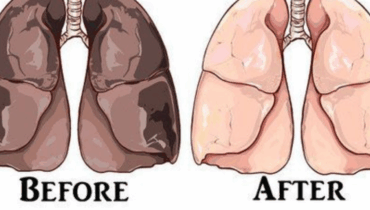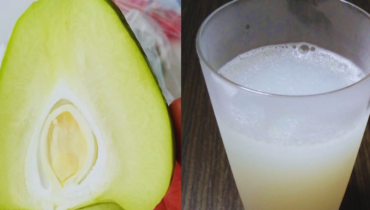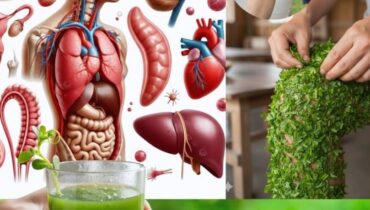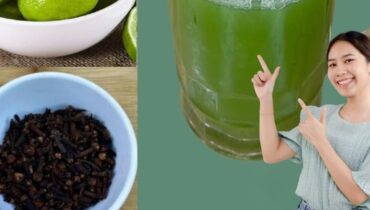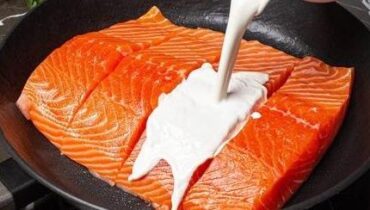📌 This drink helps reduce gastroesophageal reflux and heartburn effectively
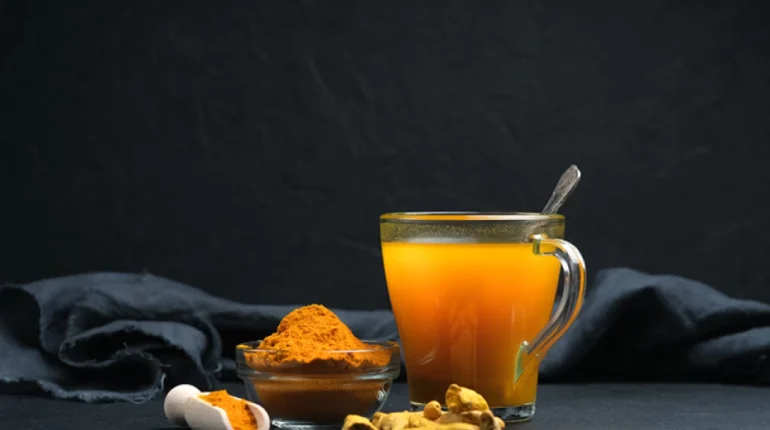
Posted 8 September 2025 by: Admin
Gastroesophageal Reflux: Causes, Foods, and Natural Remedies
Causes of Acid Reflux (GERD)
Gastroesophageal reflux disease (GERD) is a common condition causing heartburn and acid reflux. Contributing factors include:
-
Excess weight: Increases abdominal pressure, pushing stomach acid into the esophagus.
Advertisement: -
Poor diet: Fatty, spicy, or acidic foods worsen symptoms.
-
Stress and fatigue: Reduce digestive enzyme production and increase stomach acid.
-
Unhealthy lifestyle: Smoking, alcohol, excessive coffee, late-night meals, or Helicobacter pylori infection can aggravate reflux.
Advertisement:
Drinks That Soothe Acid Reflux
-
Warm water: Relaxes stomach muscles and stimulates digestive juices.
-
Fresh ginger tea: Anti-inflammatory and anti-nausea properties protect the stomach.
Advertisement: -
Raw potato juice: Traditional remedy to soothe reflux and aid ulcer healing.
-
Aloe vera juice: Reduces inflammation, protects the stomach lining, and promotes healing.
-
Peppermint tea: Aids digestion and may prevent reflux for some individuals.
Advertisement:
Foods That Trigger Acid Reflux
Common triggers include:
-
Fats and fatty foods: Slow digestion and increase acid production. Replace with grilled, baked, or steamed options.
-
Coffee, chocolate, cocoa: Caffeine worsens symptoms; try decaf alternatives.
Advertisement: -
Alcohol: Relaxes the esophageal sphincter; opt for low- or non-alcoholic options.
-
Tomatoes and tomato-based meals: High acidity; substitute with green pesto or alternative sauces.
-
Spicy meals: Can irritate the esophagus; try ginger or cinnamon instead.
Advertisement: -
Garlic and onions: Increase gastric acid; check tolerance to cooked or milder varieties.
-
Citrus fruits and juices: Acidic; choose bananas, cantaloupe, or papaya instead.
-
Carbonated drinks: Cause bloating and pressure; replace with water or herbal teas.
Advertisement:
Tracking Triggers
Maintaining a food diary helps identify patterns and personal triggers. Record meals, snacks, drinks, preparation methods, stress levels, and symptoms for at least two weeks. This information can guide dietary adjustments and assist healthcare providers.
Conclusion
By understanding the causes of acid reflux, avoiding trigger foods, and incorporating stomach-friendly drinks, you can better manage GERD and improve digestive health naturally.





